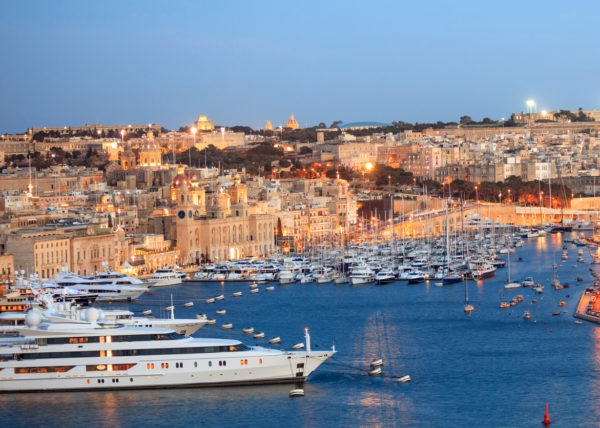
The new concept of paid citizenship for investment schemes are becoming insanely popular, driven by globalization, volatility and political instability in many countries.
Paid Citizenship means receiving instant citizenship in a foreign country for money or investments. These citizenship schemes are commonly known as Citizenship By Investment (CBI).
Roughly two thousand years ago, Romans offered paid citizenship for money. One could buy Roman citizenship, at a very high price. Roman citizens enjoyed a number of rights and privileges that came attached with citizenship, including free movement across the Roman empire from east to west, owning a property, legal rights etc. The granting of Roman citizenship to allies and conquered lands through Romanization, played a very important role in the success story of Rome.
It may surprise you, there is an entire industry built around paid citizenships, currently worth $2bn annually. This industry creates new population of“paid citizens” who live in diaspora. Cyprus alone receives €1.5bn annually through CBI schemes
This idea of paid citizenship first introduced in small caribbean island of St Kitts and Kitts in 1984 and since then spread to several countries and today there are 12 such countries offering such citizenships.
The reason why this concept is enormously popular is, investors get instant passports for investment within months. Prices have come down significantly from quarter of million dollars to just $100,000. The Visa free benefits that comes with the second passport also attracts many HNW investors.
The CBI industry has come a long way since the 1980’s where passports were sold for shady people without any checks. Today all applicants are vetted for criminal background checks, not just simply paying the money for citizenships. Governments are paying millions for due diligence checks and always improvising the vetting using new technologies.
Small countries offering paid citizenships benefit significantly from sale of citizenship. Dominica receives half of the government revenues from paid citizenship program. Rest of the funds were used for economic and social development such as reducing debt, education, heathcare, housing and hurricane recovery and climate resilient projects
So where can i pay and buy a citizenship?
First know that there are two primary routes to pay for citizenship:
- First is one time donating to a government fund. It is the cheapest route and you wont get back the money once you get the citizenship
- Second is the real estate route. It is twice expensive the donation route and typically you can sell real estate after 3–5 years. There area also government fees involved. You also get permanent residence card + citizenship + passport. Prices start from $200,00 for real estate equity share
Here are the only countries that offer paid citizenships.
Caribbean
- Dominica — USD 100,000 (donation) / USD 200,000 (real estate)
- Antigua — USD 100,000 (donation) / USD 200,000 (real estate)
- Saint Lucia — USD 100,000 (donation) / USD 300,000 (real estate)
- Grenada — USD 150,000 (donation) / USD 220,000 (real estate)
- St Kitts and Nevis — USD 150,000 (donation) / USD 200,000 (real estate)
Europe
- Malta — EUR 900,000 (donation) , Real estate EUR 350,000 additional
- Cyprus — EUR 2,150,000 (real estate)
- Montenegro — EUR 350,000 (real estate)
Asia
Turkey — USD 250,000 (real estate)
Pacific
Vanuatu — USD 150,000 (donation)
Scheme Limits
- Cyprus – 700 applications per year
- Montenegro – 2000 applications
- Malta – 1800 applications
- Moldova – 5000 (suspended currently)

